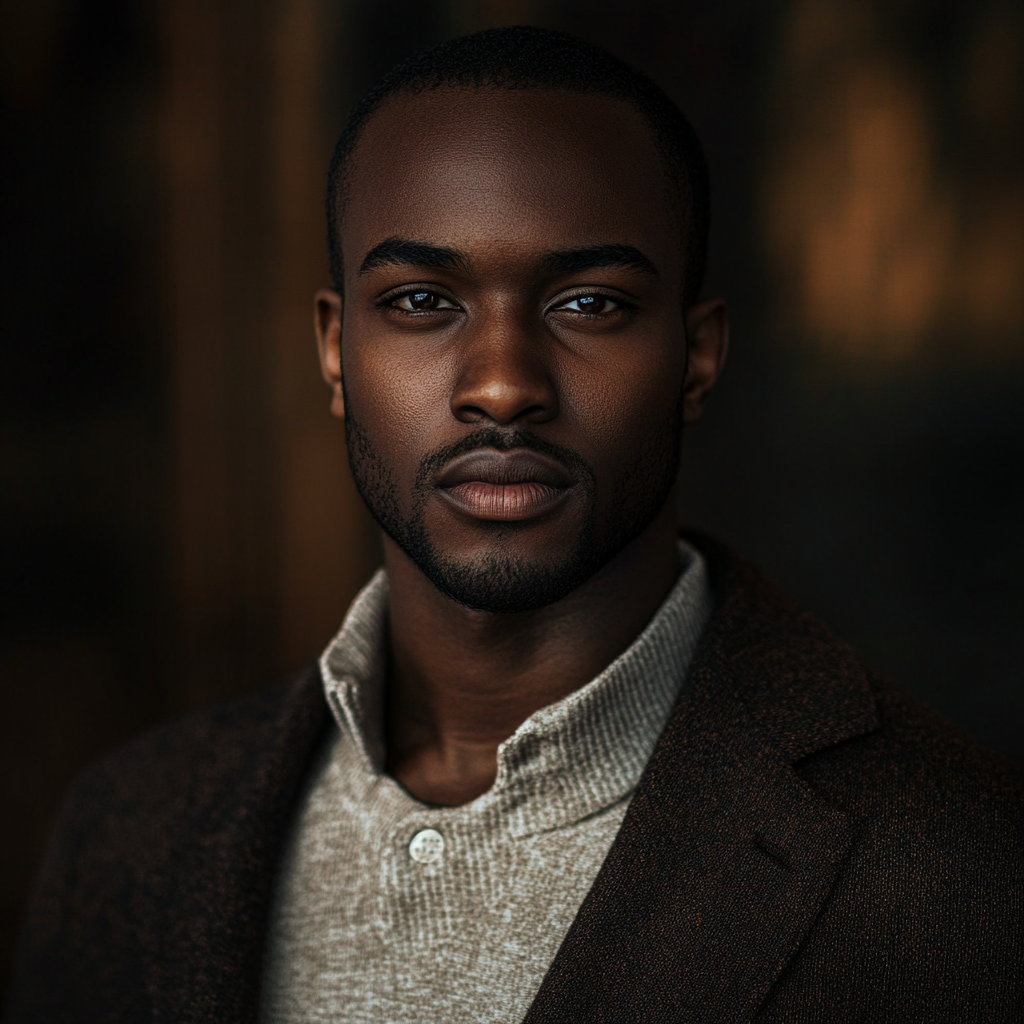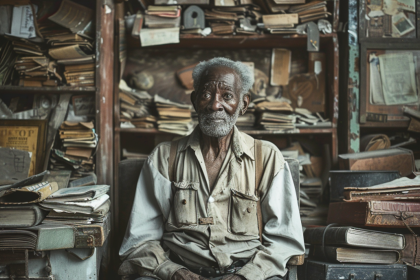In a society where race and identity play significant roles in shaping experiences, the question arises: how many Black men desire to be white? While it’s crucial to clarify that not all Black men harbor such feelings, the inquiry opens a broader discussion about identity, privilege and societal behavior.
Understanding the context of racial identity
Racial identity is complex and multifaceted. It’s essential to recognize that not every individual within a racial group shares the same beliefs or experiences. However, some behaviors exhibited by Black men can sometimes mirror those of white individuals, opines The Root’s Lawrence Ware, raising questions about the underlying motivations and societal pressures at play.
The reality of white privilege
White privilege is a widely acknowledged concept that refers to the unearned advantages that white individuals experience in society. This privilege manifests in various ways, such as the absence of fear when interacting with law enforcement. For instance, while white mothers typically do not need to prepare their children for potential police encounters, Black mothers often have to engage in these difficult conversations. This disparity highlights the systemic inequalities that persist in society.
Examples of privilege in action
- Access to quality education and healthcare.
- Freedom from racial profiling and discrimination.
- Greater representation in media and leadership roles.
Despite the lack of access to the same privileges, some Black men navigate life in ways that suggest a desire for acceptance within predominantly white spaces, Ware argues. Public figures like Clarence Thomas and Snoop Dogg exemplify this phenomenon. While they are aware of their racial identity, their choices and behaviors sometimes provoke questions about their connection to their heritage.
Privilege among Black men
In a thought-provoking piece, writer Damon Young posited that straight Black men could be considered the “white people of Black people.” This assertion highlights the privileges that Black men may experience, which can differ significantly from those of Black women. Young argues that these privileges can lead to detrimental behaviors, particularly in romantic relationships, where Black women often bear the brunt of emotional and physical harm.
The Impact of Gender Dynamics
Black women face unique challenges within the community, including higher rates of domestic violence compared to their white counterparts. This reality raises critical questions about the responsibilities of Black men toward Black women and the need for accountability. Many Black women continue to support Black men despite these challenges, but the question remains: are Black men adequately reciprocating this support?
Interracial relationships and changing dynamics
As societal norms evolve, more Black women are choosing to date white men. This trend can be attributed to various factors, including the gender imbalance within the Black community. With Black men often facing systemic barriers, some women find themselves seeking companionship outside their race. This shift prompts a reflection on the dynamics of relationships and the responsibilities that come with them.
Confronting uncomfortable truths
Black men must confront the uncomfortable reality that while they may not be as harmful to Black women as white individuals have historically been, Ware said, they still have room for improvement. The need for self-reflection and growth within the Black male community is paramount. Acknowledging the privileges they hold and the impact of their actions on Black women is essential for fostering healthier relationships.
A Call for Reflection and Growth
The question of whether some Black men wish to be white is not merely about desire but rather a reflection of the societal structures that influence behavior and identity. As we navigate these complex issues, Black men must self-reflect and recognize the importance of supporting Black women. By understanding and addressing these dynamics, we hope to build a more equitable and supportive community.
By fostering open dialogues about race, privilege and identity, we can work toward a future where all individuals — regardless of race — can thrive and support one another.

















